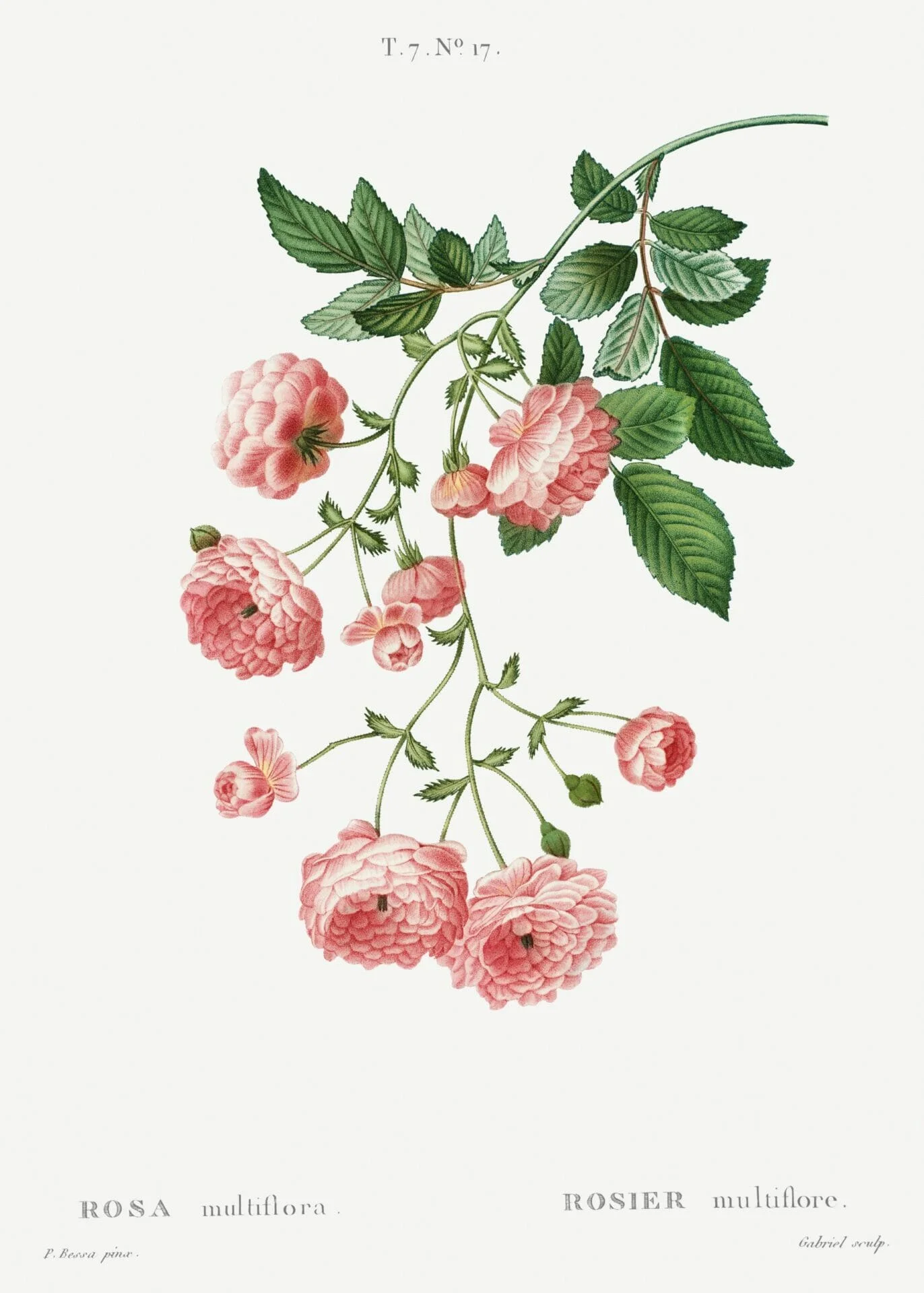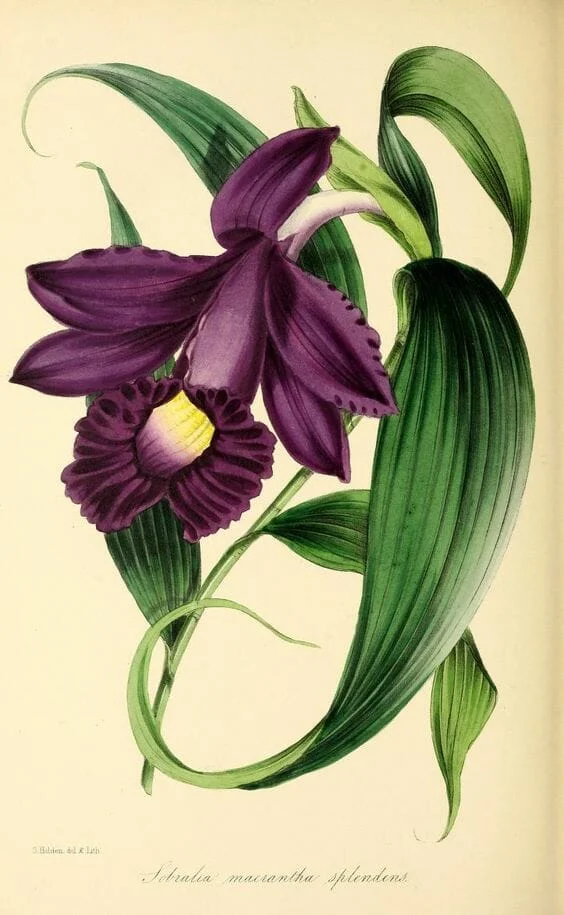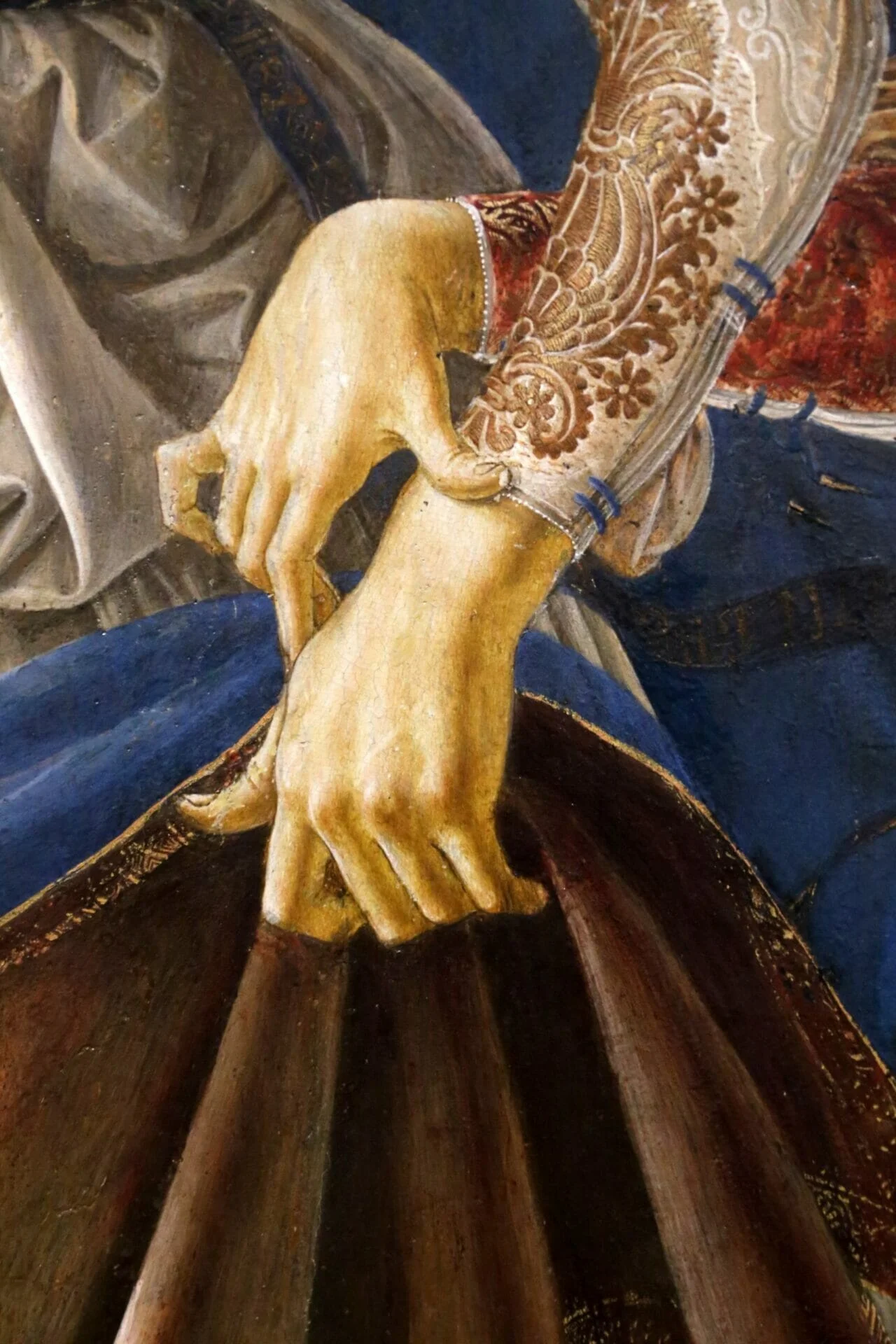
We’ll die apart | Love between temporality and eternity
Author
Year
Format
Cristina Campo, pseudonym of Vittoria Guerrini, has been a fairly cloistered intellectual in the Italian literary scene of the last century. We’ll die apart approaches the concept of love between temporality and eternity. It belongs to the only book of poems Cristina Campo ever published, Farewell step (1956). This was not coincidental, but a direct consequence of her ideals. On one side, her obsession with perfection couldn’t let her easily dismiss her texts. On the other, the biblical idea of words as means of revelation kept her from writing with a light heart. She strictly followed the biblical verse according to which “people will have to give an accounting for every useless word they speak.”
We’ll die apart. It’ll be much
if I rest my cheek in our palm
for New Year’s; if in my own
you will trace another migration.
The millennial couple
A letter to the Greek poet Margherita Dalmati dated 1955 testifies to the occasion of the writing. Campo tells Dalmati about the findings in the Vatican Museums that inspired her poem. These were the bodies of two young people in a reliquary in the Egyptian room. But what hit Campo was not the thousand-year-old couple itself – “the very image of love,” in her words. It was, instead, the museum information sign specifying that “there were no family ties between the two.” The following year, she discovered that the Museum had divided them into two different display cases. However, the fact that in her poetry they would be united forever still heartened her.
O lord and brother! but maybe,
above a single crystal case
studious peoples will write,
of us, in a thousand winters:«no ties held together these dead
in the deserted necropolis».
Love between temporality and eternity
In the first century BCE, the Latin poet Catullus said he had to write his mistress’s promises in the wind, implying that the truth of her love words only coincided with their momentary encounters. Nine centuries later, in Campo’s poetry, love still has to deal with its greatest contradiction: the hiatus between ephemeral temporality and tension toward eternity. The love Campo aspires to wishes to have the solidity of stone while it is condemned to be written on water. Unlike the Egyptian couple – almost an anticipation of the Neolithic Lovers of Valdaro rediscovered later in Italy – the two lovers of this poem are destined for separation. And the poem marks the awareness of the unbridgeable distance between the two in the real circumstances of life.
The fate of the soul
The secular topos of the union in death fails here. Instead, it had sealed the most famous couples in literature, from Ovid’s Pyramus and Thisbe to William Shakespeare’s Romeo and Juliet. On the contrary, the only chance for reunification in Campo’s poem is fleetingly implied in the second stanza. A glimmer of hope coincides with the mysterious fate of the soul. It could defy the laws of physics and achieve the impossible reunification. Since we do not know his destiny after death, hope lays precisely in this uncertainty.
We know very little
of the soul. Maybe it’ll drink from pools
of concave nights, stepless,
it’ll rest beneath flying crops
sprung from rocks…
Tag






